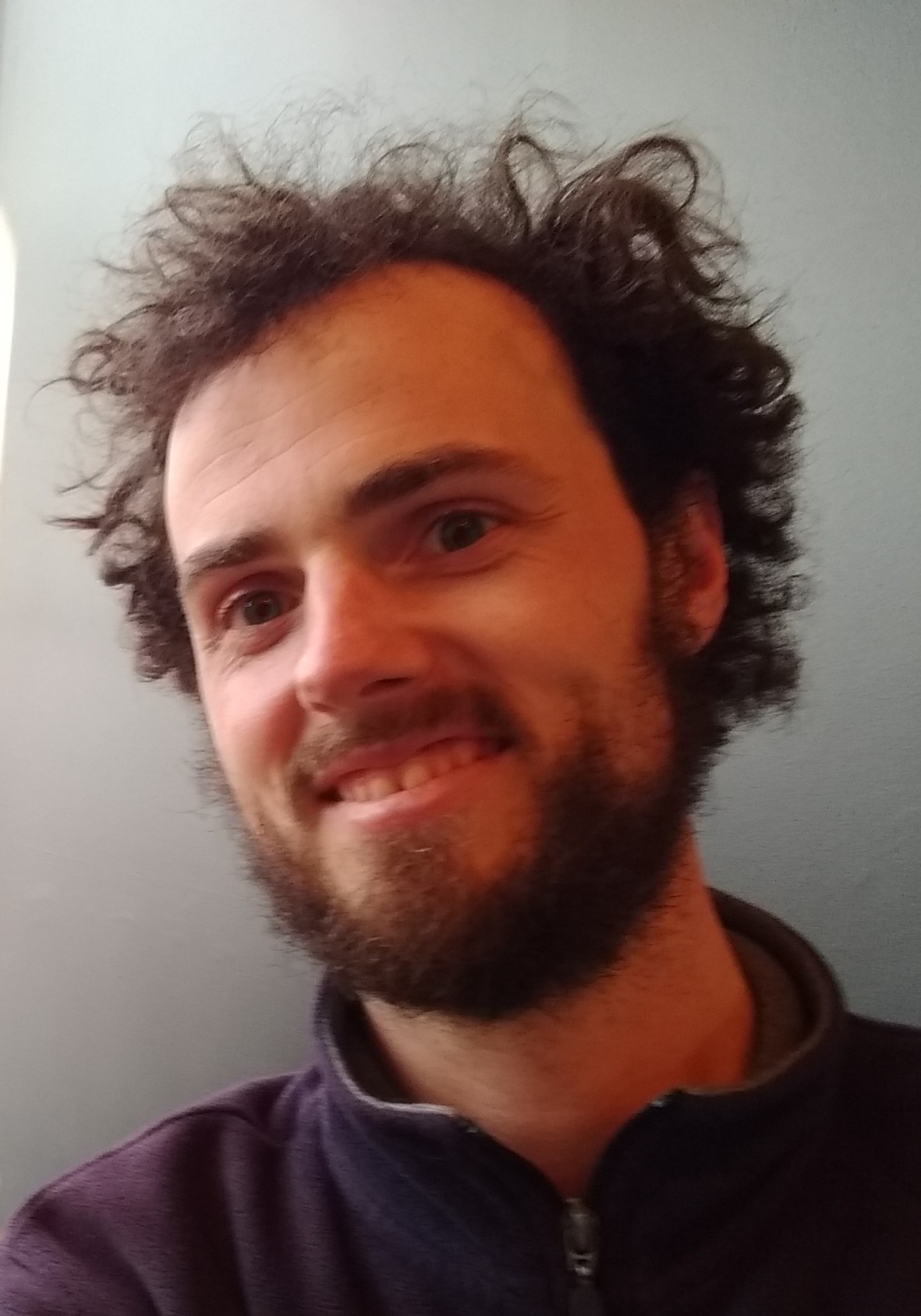Concepts and Structuring Thought
Concepts do structure the way we think, and reality is messy enough to allow various conceptual frameworks to persist, even with some problems or countervailing evidence. Also, it may be that there are no theories with no counterexamples or seeming problems. This is specially the case with the social world (by which I mean human economic activity, political and other social activity, like meeting due to mutual interest). It also just may be the case that different theories or explanations are “empirically adequate”in Van Fraassen’s terms - they each provide a decent explanation of known phenomena. They may also deal with different scales of interest; for example, individuals, communities, nation-states, cultures, or other units of interest.
This leads me to think about the relationship between theory and analysis. The units of analysis are determined by the theory, and then the units of analysis interact in a certain way that satisfies their story of how the world works. This line of thinking, I believe, goes all the way back to Kant’s Critique of Pure Reason, whereupon he distinguishes between “intuitions” (by which he means our sensory perceptions), and concepts (By which he means exactly what we take that word to mean in everyday language). This has been further expanded and highlighted by (especially structural) social theorists, prominently Foucault, but also Marx in terms of “capitalist Logic” and similar social theorists. So the question of Kant’s of whther we can truly engage in pure observation completely free of any prior concepts is very relevant here, because if we can, then we might in principle be able to come to an objective world, but if not, then we are socially structured and there cannot be any understanding of objectiv truth.
This debate and analysis is at the centre of liberal vs non-liberal debates is whether human experience is understandable universally or whether human experince can only be understood by social category identification. For example, there is a debate that people who are not of minority or disadvantaged status cannot and could not ever understand the experience of people who have membership to the groups like, People of Colour, People with disabilities, women, the LGBTIQA+ community. No doubt our group membership heavily impacts our life experinces. This view has some appeal, as I have never experiencd racism, so I don’t know exaclty what racism is like to experience. However, at a deeper level, I can recognise suffering - I know racism is bad because I recognise that it hurts people.
But I think that our membership to common humanity is deeper than these other memberships. This common humanity is seen in our moral intuitions for caring for those who are suffering, and also, ironically, in this very groupishness that we can sometimes exhibit. If we emphasise the groupishness and forget about possible commonalities, then the possibility of creating an inclusive world decreases. We become trapped in various social spheres and society becomes more fragmented socially and politically, and it seems to me that we will find it very hard to do things that are in the common good. I would argue that our common humanity is actually a bridge by which we can come to see things from other’s perspectives to some extent, and then we can see why others may have legitimate claims in the political sphere, it can even help me realise why other members should have privileged claims in certain areas, for well-understood reasons. For example, it makes sense for me that indigenous people need to have more representation because relatively speaking their voices are not being heard well and they suffer social disadvantage, partially (or to a large extent) due to intergenerational trauma caused by historic genocidal violence. So me and my family have not experienced that in living memory, but I can understand that that would be very difficult to deal with, and space would be needed for healing. Our knowledge of this can be improved by listening to other’s testimony, looking at historic evidence and so on.
